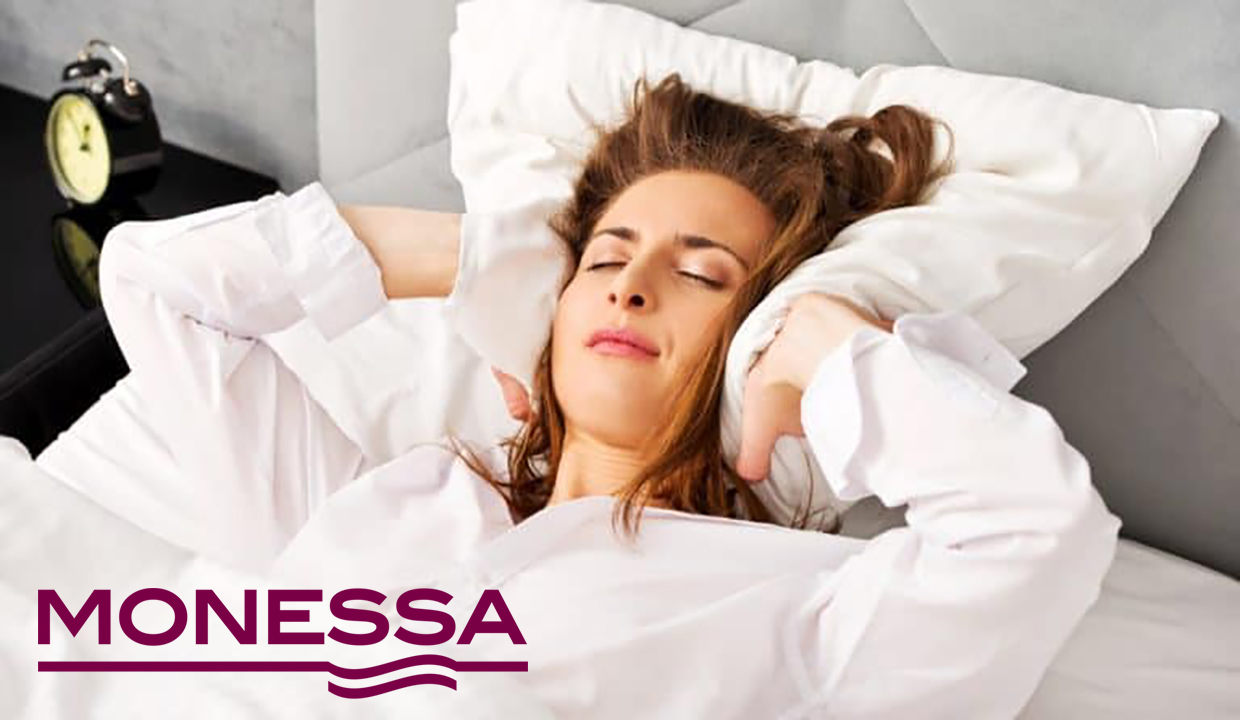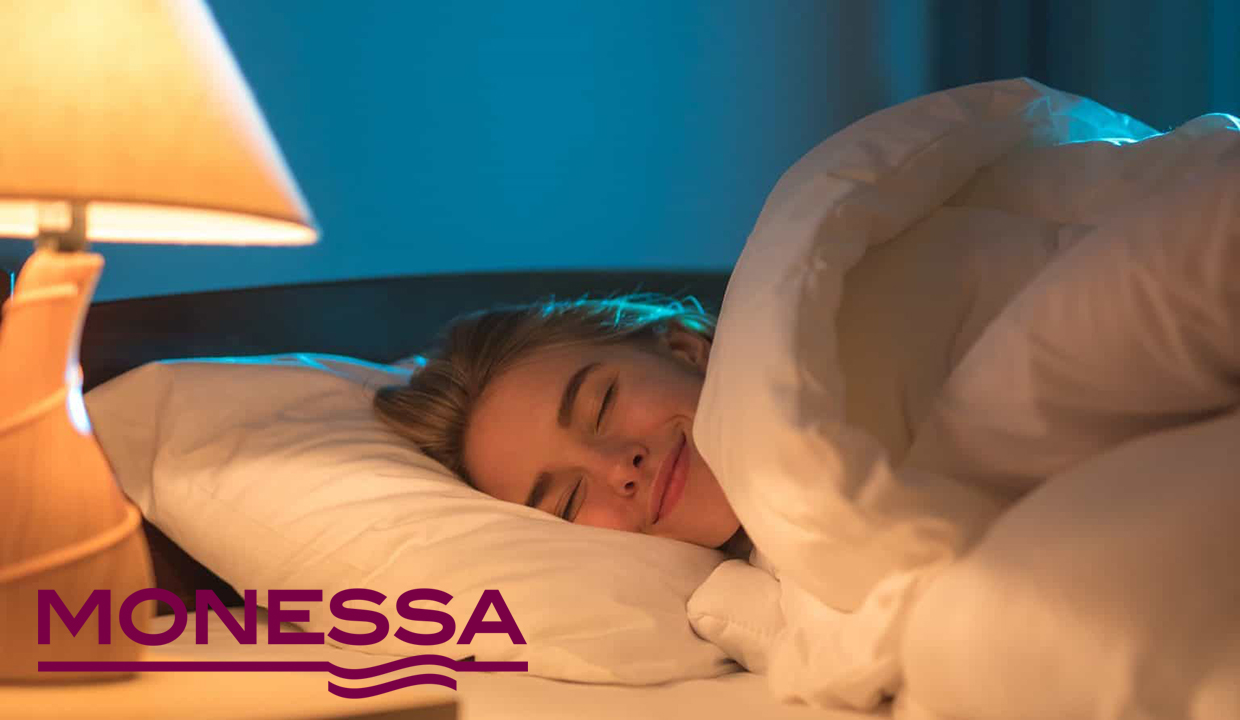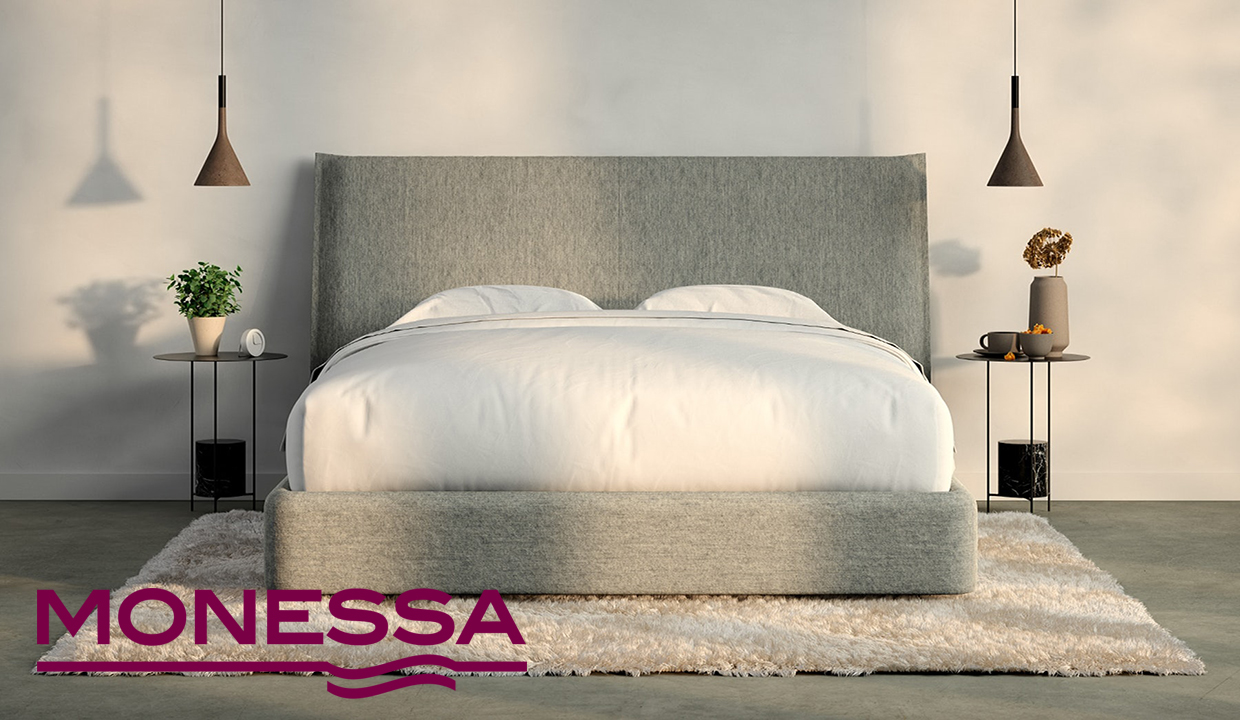bedroom environment
Temperature:
Some people sleep in a warm bed while others are more comfortable in a somewhat cool environment. However, every healthy adult has a lower body temperature during sleep. This decrease in temperature occurs naturally in the early stages of the sleep cycle. Low temperatures cause drowsiness, while higher temperatures help you stay awake throughout the day.
Whether you use a thick blanket or a thin sheet, many experts believe that the ideal bedroom temperature for sleeping is 65 degrees Fahrenheit (18.3 degrees Celsius). This temperature may seem a little cold to some, but adjusting the temperature to a cooler degree will help keep your body temperature at an ideal level during sleep.
However, 65 degrees may not be the best temperature for everyone. The range of 60 to 71.6 degrees Fahrenheit (15.6 to 22 degrees Celsius) should be suitable for most people when sleeping. If this temperature is still too cold for you, try adding one or two layers to your sheets. If it gets too hot or the air is too hot or humid, peel off a layer or use lighter sheets to keep the bed cool.

Noise:
A quiet bedroom is a better place to sleep than a noisy room. Loud noise can cause severe sleep disturbances, which in turn have negative effects on physical and mental health. Research shows that even low noise can wake you from deep sleep to light sleep or wake you up instantly.
Try to keep your bedroom as quiet as possible by blocking out noises. The constant sound of a fan spinning or a gentle soothing sound can effectively hide other sounds and help you fall asleep. Some people enjoy listening to music while sleeping. Relaxing music may also reduce anxiety and physical pain. Soundproof curtains are also widely available.

light:
The circadian rhythms that control your sleep-wake cycle are strongly influenced by natural light and darkness. During the day, your eyes absorb sunlight and signal the brain to produce cortisol, a hormone that helps you stay alert and energetic. At night, in the dark, your brain produces another hormone called melatonin to make you feel drowsy and relaxed.
Exposure to artificial light in the evening can delay the circadian rhythm and prolong the onset of sleep or how long it takes you to fall asleep. Light intensity is measured in units known as lux. Studies have shown that exposure to light sources with a luxury of 10 or higher during the day can lead to more awakening at night and shorten your deep sleep time (part of your sleep cycle to repair cells and the body Critical smartphones, TVs, and other display devices that emit artificial blue light can be harmful to sleep, even if you use the "night" screen settings, which are dim.
If you like to study before going to bed, keep your bedroom light as low as possible. Dim lights help you sleep better. Make it a rule not to use the TV and other screens in the bedroom.

Mattresses and bedding:
Depending on your sleeping habits, you may enjoy mattresses with memory foam or latex, or spring mattresses. Some studies have shown that a new mattress improves sleep quality and reduces back pain compared to older models. However, the most comfortable mattress for you depends on personal characteristics such as body weight, sleeping position, and whether you prefer to lie on a soft or firm surface.
You should also choose other accessories for your bed based on personal criteria. Necessary factors for selecting a pillow include strength, firmness, softness, and durability. For sheets, the best option for you depends on whether you prefer crispy or silk sheets and want to sleep warm or cool at night.
A clean bedroom is also important for healthy sleep. Sweeping your carpet and washing your sheets regularly can reduce the presence of dust particles, as well as remove tiny mites that cause allergies. Be sure to follow the instructions for washing and drying the labels on your sheets to prevent damage to the sleeping product.

 Monessa
Monessa 